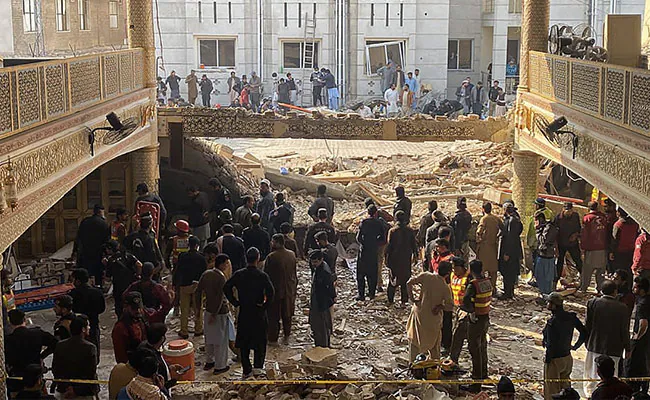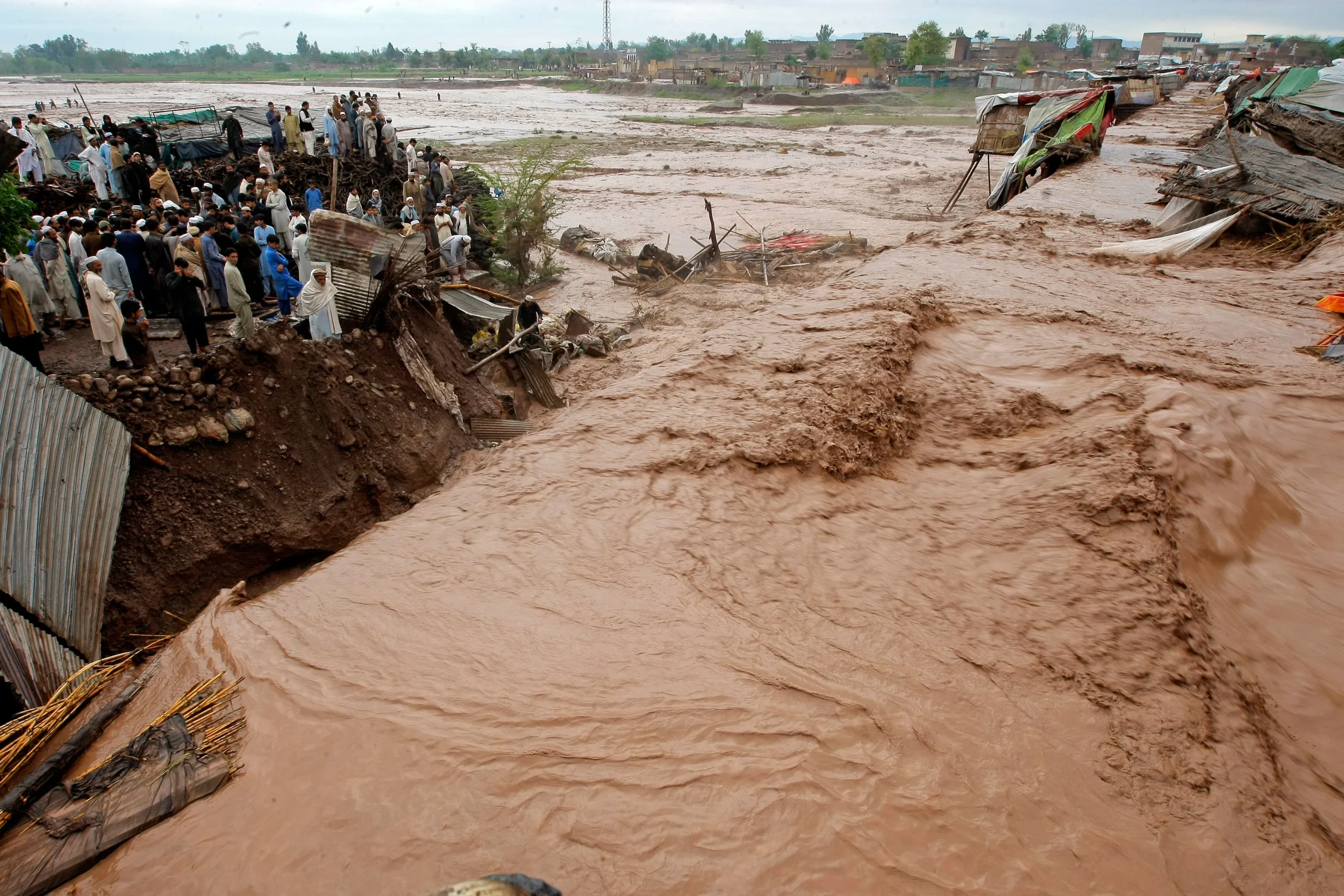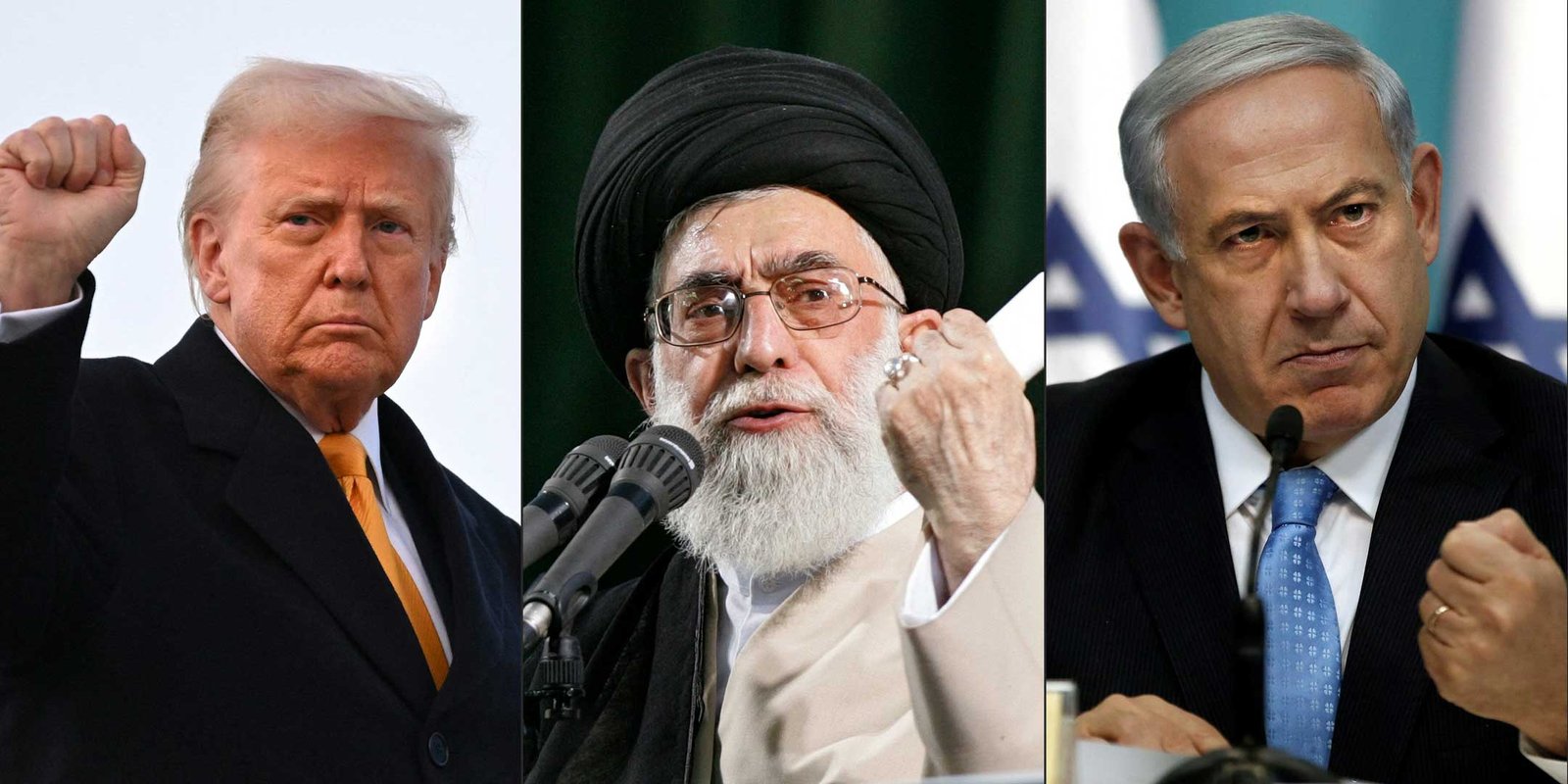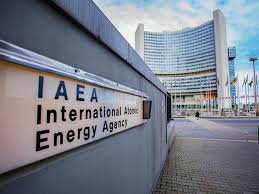Editorial
The situation in Pakistan grows increasingly grim as terror activities escalate, leaving a trail of innocent lives lost. A recent attack on a passenger bus claimed nine lives, adding to the growing list of victims. The government’s response, while swift with condemnation, lacks clarity and concrete action. Pakistan cannot remain idle while its people suffer. Statistics reveal the devastating impact of this surge in violence, with over 700 killed in the first nine months alone. This includes a tragic rise in casualties among security forces, reaching an eight-year high.
The current situation bears a chilling resemblance to the past, when Pakistan found itself embroiled in a similar struggle. Back then, decisive action was taken through a comprehensive offensive, ultimately restoring peace. This serves as a vital reminder of what must be done. Simply blaming Afghanistan for playing a double game is not enough. Instead, Pakistan must launch a vigorous crackdown on those who support and facilitate these attacks.
Please, subscribe to the YouTube channel of republicpolicy.com
Over a year has passed since the TTP declared war on Pakistan, openly aiming to dislodge the government. Waiting for assistance from Afghanistan is no longer a viable option. Taking concrete steps to weaken the TTP and secure borders may encourage cooperation from our neighbors, ultimately leading to regional peace. Pakistan must act now, with unwavering resolve and targeted action, to end the reign of terror and protect its citizens. The time for waiting is over; the time for decisive action is now.
Please, subscribe to the monthly magazines of republicpolicy.com

















